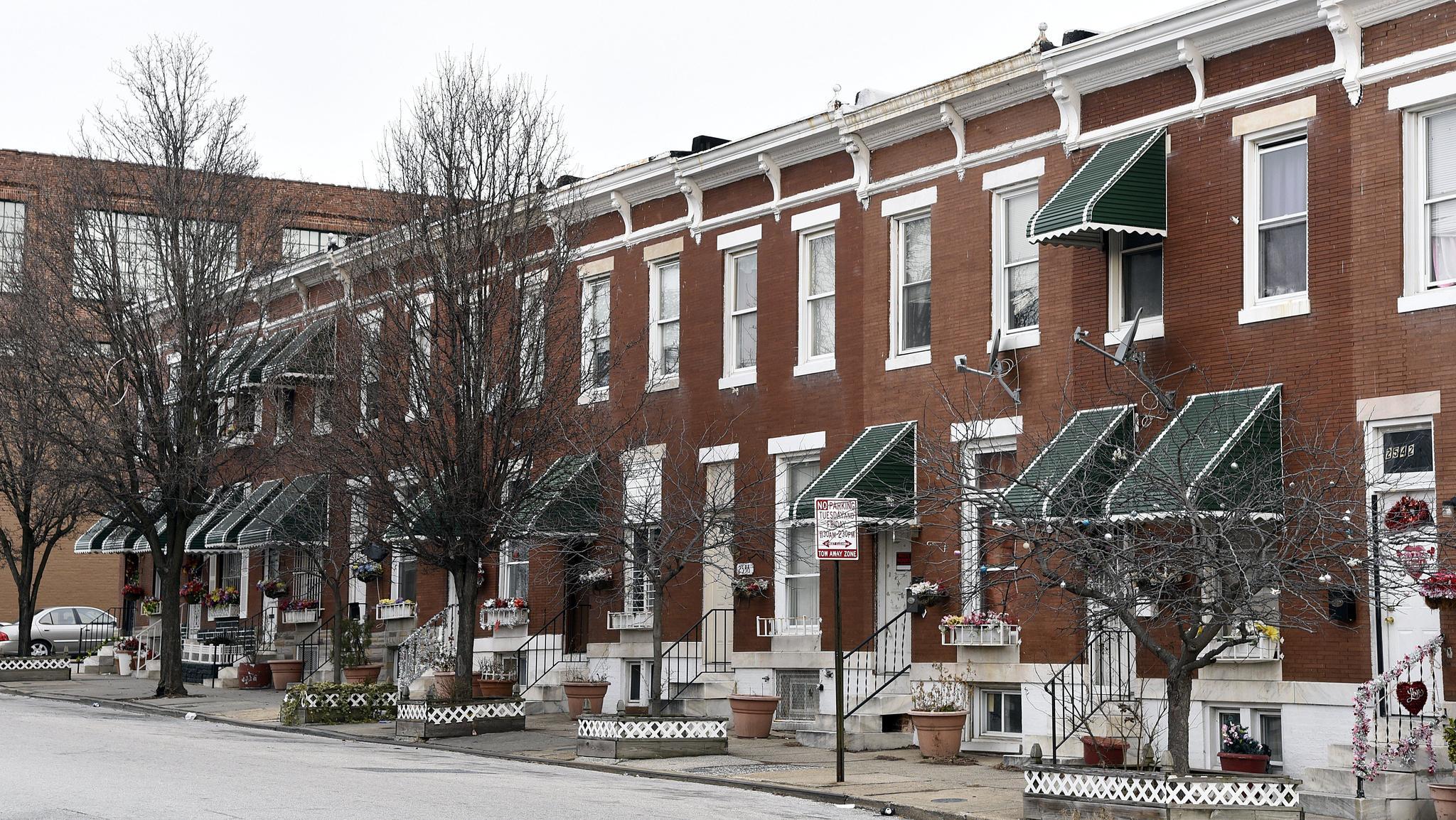When facing a foreclosure in Maryland, time is of the essence, and you don’t want to be caught off guard. Educating yourself on the process and the help available to you at each step will help you make the most of a challenging situation and avoid as many unpleasant surprises as possible.
Pre-foreclosure begins when you miss your first payment. Ideally, you’ve already called your loan servicer to explain your situation and find out what your options are. If you haven’t, that’s the first item on your to-do list. When you miss four payments, remaining delinquent for 120 days, your lender can file what’s called an NOI or Notice of Intent to Foreclose. They mail a copy of the NOI to Maryland’s Office of the Commissioner of Financial regulation, as well as a first-class, certified letter to your address.
A timer starts on the day they mail the letter, so you mustn’t delay opening your mail. Maryland loan servicers are required to include a Loss Mitigation Application with their NOI. It is in your best interest to complete this and return it as soon as possible because 45 days after that letter is sent, your lender will move forward by filing an ‘order to docket’ with the court. At that point, your lender starts to accrue legal fees, and these could be added on to the total amount you owe, making it even more difficult for you to get out from under your mortgage. In Maryland, lenders are then required to file an affidavit listing everything they tried to make the mortgage work, and an explanation of why it wasn’t possible, so if you never returned the Loss Mitigation Application, you’re just making it easier for them to make their case.
You will receive a copy of this affidavit, as well as an application for mediation. You have 25 days to return it. Maryland does not have a period of redemption after homes are foreclosed upon, meaning that mediation is your last chance to save your home. Maryland is a deficiency judgment state, meaning that if the house sells for less than it’s worth, you could still owe your lender the difference.
Foreclosure is a traumatic and challenging process. It can feel frustrating and unfair, especially when you’re already struggling. On top of all that, the process is bureaucratic and unforgiving. It can help a lot to have someone who can decipher all the legalese and make sure you understand every option, someone to talk you through the bits that seem contradictory or just plain nonsensical. Maryland maintains a list of state-approved agencies that provide no-cost, individualized counseling. You can access that list here.
Maryland has also established a hotline, open Monday thru Friday from 8:00 am – 4:00 pm. The number is 1-877-462-7555. The Maryland Department of Labor has also put together a helpful brochure outlining the foreclosure process.
One final thing to consider is the prevalence of foreclosure scams. Remember, you never need to pay for advice on how to avoid foreclosure.

